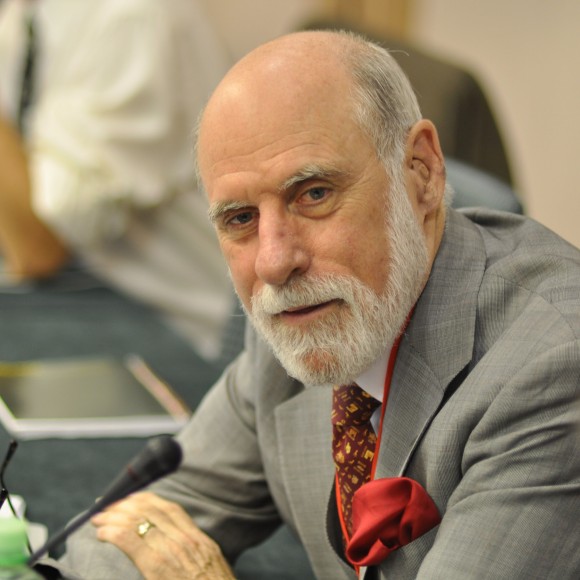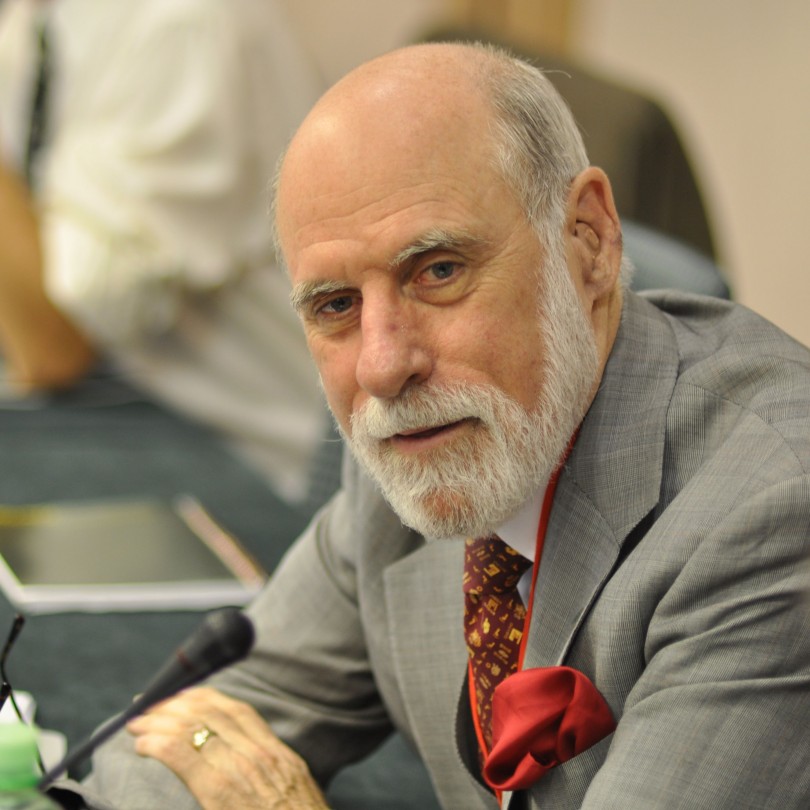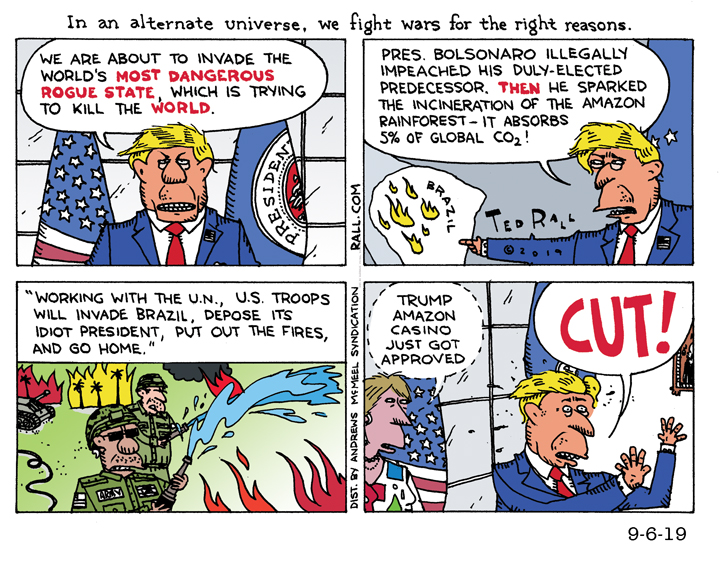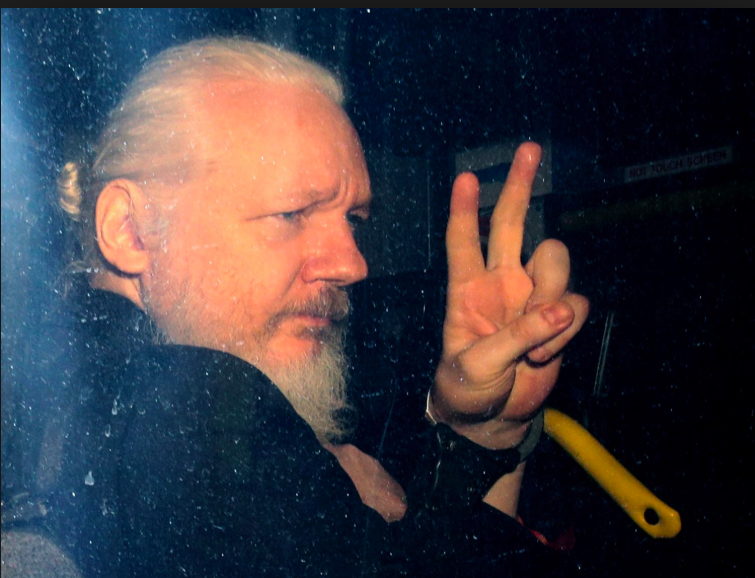aNewDomain — Vint Cerf has made a unique contribution to the creation of the Internet. Since participating in DARPA, his career reflects the best strategic thinking about our global tool. In this exclusive interview with aNewDomain you can gain insight into the brilliantly creative, engineering and vision-oriented mind of a father of the Internet. The Washington Post said:
“When Vint Cerf, often called the “father of the Internet,” is speaking, it’s wise to listen.”

By Veni Markovski (Own work) [CC-BY-3.0], via Wikimedia Commons
David Michaelis’ Exclusive Interview with Vint Cerf
David: You have been described as laying the foundations of the Internet as we use it now. The New York Times said,
It was only about 40 years ago that Vinton G. Cerf and Robert E. Kahn holed up in the conference room of a Hyatt hotel in Palo Alto, Calif., and sketched out the sets of rules and protocols that laid the foundation of the modern Internet.”
Everything was built with performance, not security, in mind.” — writes Howard E. Shrobe, computer science professor at M.I.T. Despite big advances in speed, performance, memory and machines, their decisions continue to form the basis for modern digital communications — much to the detriment of security, some experts argue.”
From an “Elders” perspective what is your take on this statement?
Vint Cerf: Actually, we did focus on communication security fairly early on in the design of the TCP/IP protocol suite. We assumed that end/end packet encryption would eventually be available beyond military circles and the protocols accommodated this. Packet encryption was developed in parallel with the Internet. The more serious security problems are caused by operating system weaknesses, browser weaknesses, downloading of infected HTML/XML, abusive uses of Java, JavaScript, etc. These problems arise because of weaknesses in implementations that have proven to be hard to discover (some bugs that prove to be exploitable may have been around for decades – think of Heartbleed for example). Some of the problems are the result of the weakness of username/password choices and may be reduced with the use of 2-step authentication. In the early development of the Internet, public key cryptography was not readily available (first published papers came in 1977 just as the Internet protocols were being standardized). There is still a good deal of opportunity to improve Internet security and steps such as DNSSEC, 2-step authentication, DANE, sandbox browsers, open source operating systems all contribute to improved security.
David: What is your vision of disruption in the future in the workplace?
Vint Cerf: 3D printing will reverse the usual flow of goods/raw materials; the Internet of Things may increase the possibility of remote work and increased ability of workers to collaborate with multiple machines to increase productivity. Computers can do things humans cannot or cannot do as quickly while humans have pattern recognition ability that far exceeds that of computers. Cooperative reinforcement of the strengths of natural and artificial brains (so to speak) will accelerate innovation. Continuous monitoring will improve our ability to detect and respond to deviations from normal conditions in all kinds of cyber-physical systems.
David: What is the thinking behind “innovation ‘may’ disrupt unemployment.”? You said and wrote (with David Nordfors Ceo of IIIJ) that “With a new mindset that appreciates the value of people, innovation can drive unemployment ‘out of business’.” Can you give an example how this can be achieved, in this tech economy of a “winners take all” situation?
Vint Cerf: [As I mentioned] Collaboration between humans and computer/network-enabled appliances will increase the utility of both, increase the speed with which we can explore solutions to problems, improve the reliability of production and the scope of invention.
David: Is AI a scary uncontrollable tool Hawking and others are warning us about? How will AI help provide the new job options for millions that you hope for?
Vint Cerf: We tend to forget that we have been using increasingly capable devices as tools for millennia. Computers simply increase the capability of these tools by paying attention to details so we don’t have to. Every time you do a Google search, make use of Google Maps or Google Earth, use Google Now, conduct a Hangout and share or jointly edit documents, you are magnifying your own capabilities and your ability to work in collaborative environments. Douglas Engelbart called this augmentation of human intellect by facilitating group work and providing intellectual power-tools. Just as having the right tools for a mechanical job can make a huge difference, harnessing computing power can amplify our ability to do intellectual work. Practical AI tends to manage information to help us do our work. Helping us find information faster, organize and manage information and facilitate cooperative effort (including combinations of human and computer-based collaboration).
Vint Cerf Video
This video below visualizes the founding of the Internet, with Vint Cerf explaining the Original DARPA concept.
[youtube http://www.youtube.com/watch?v=hr6VpPJywYw]
Video: Innovation for Jobs: How did ‘internetworking’ become THE INTERNET? (with Vint Cerf)
For aNewDomain, I’m David Michaelis.












